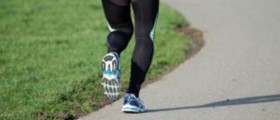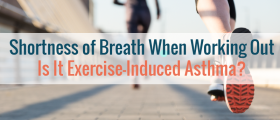
The enemy above
Cycling or racing at the higher altitudes has its benefits. First of all, you will have a great feeling connected to boldly going where eagles dare, and you will be treated with eye-candy grade scenery all the time. Unfortunately, there is a price to be paid. Mountains take their toll on cyclists.
Obstacles
Atmosphere above six thousand feet is different. There is less oxygen to keep your muscles burning and your brain working. You will probably feel tired and underpowered, and you may suffer from nausea and headache. Your body will try to compensate for lack of available oxygen by increasing the flow of what oxygen is available, so you will be breathing faster and deeper than usual, and your heart rate will accelerate. This, combined with dry mountain air, will make you loose water through sweat and respiration much faster than is normal, and you might end up dehydrated if you don't drink enough fluid.
Sun is more powerful, and you can get roasted if you forget suntan. Weather changes in an instant, and icy rain can be two minutes away no matter how sunny it is now, so carry some extra clothes for cold weather. Also, many people find it difficult to have a good night's sleep at high altitudes. It is common to fall asleep harder, sleep lightly and wake frequently.
Facing the challenge
Your body and the way it works can adapt to virtually anything, high mountains and their climate included. You just have to spend enough time there. Ideally, you would spend every weekend cycling somewhere above the clouds and be on a mountain a fortnight before the big ride or the race to adapt completely. Well, as this is not a likely scenario, you may need to improvise.
In the real world
Best thing to do is to ride somewhere up high as often as you can, two or three rides a week would be ideal. Take it seriously, train hard once you are there. Do your best to relax and sleep well, and try to sleep with a humidifier, it will prevent you to dry out in your sleep. Eat frequently and in little quantity, but drink as much water as you can. Remember to carry more water with you when you ride and sip all the time. Stay away from alcohol. Breathe deeply even when you do not feel the need to. Finally, load your muscles with glycogen by high carbohydrate diet a few days before the event.

















Your thoughts on this
Loading...